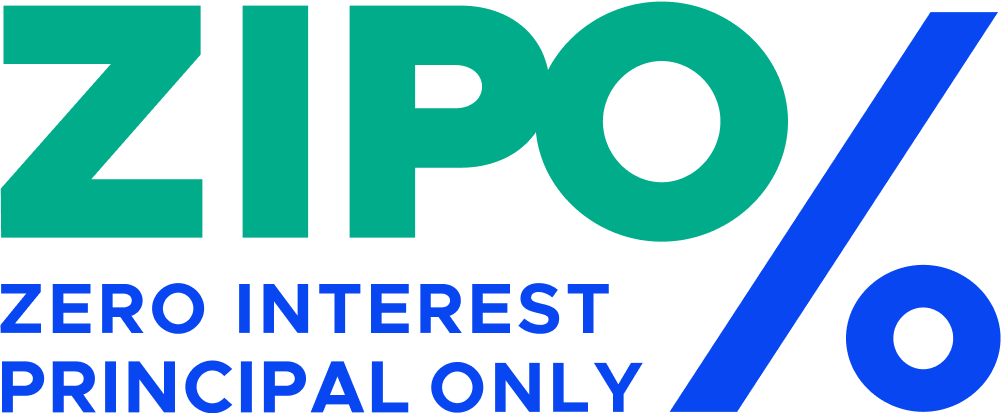NEWS
Paying Off Your Student Loans Too Early Could Hurt You More
Financial experts often recommend doing everything possible to get out of debt. In many cases, this makes sense. Credit cards often have such high-interest rates that just making the monthly payment might leave you still failing to chip away at the balance. When it comes to student loans, throwing as much money as you can toward the balance might not always be the best decision. Here are a few things to consider regarding when paying off your loans too fast could hurt your finances more than you realize.
Make Sure to Build a Safety Net First
Most people who are coming right out of school don’t have substantial savings built up. Although you might’ve skated by asking for money from your family or taking a part-time job to cover unexpected expenses in college, this method won’t work if you face more severe financial challenges such as getting laid off when you have a mortgage to pay.
Before you start directing more of your extra income to your educational debt balance, make sure you can cover the cost of a sudden need for car repairs or medical care. Ideally, you should have at least six months’ worth of your basic expenses saved up before you start aggressively paying down debt balances.
Consider the Impact of Investing the Funds
Right now, interest rates on student loans are usually below 7%, which can still seem like a lot when you are trying to pay them off. But, index funds could be paying as much as 10% in returns on any money that you invest. Just looking at these numbers doesn’t require a PhD in mathematics to figure out that you might make more by investing your money rather than sending it to your lender.
Since time is a major asset for building compounding returns, you don’t want to hinder your future financial health by waiting several years to start investing. If you still have loans to pay off once you feel comfortable with your nest egg, then you might choose to pay more in the future. Keep in mind that you can always change your course if interest rates on your investments suddenly drop below what you pay on student loans. However, that doesn’t seem to be in the financial forecast for now.
Avoid Missing Out on Employer Matching Plans
Many companies offer lucrative employee benefits packages that are designed to attract and retain top talent. Although you might’ve been lured into signing on to work for a company based upon these perks, it is common for people to opt out of ones that could make the greatest impact on their finances.
Diverting all of your extra income to paying down student loans could cause you to skip signing up for employer matching plans. Most of these plans involve your employer contributing a certain percentage of your 401(k) contributions up to a certain amount of your income, which is usually worth far more than your student loan interest amounts. Essentially, you could be waiving your right to free money by putting less toward your retirement plan.
The desire to get rid of your debt as fast as possible is understandable. For many people, remaining student loan balances represent a reminder of a life stage that they’d rather put behind them. Plus, thinking about being able to drop that monthly payment is tempting when you can think of other areas where you’d rather spend the money.
Resisting this temptation to skimp on other aspects of your financial standing is important for helping you to maximize your current earnings on investments. As long as your student loan interest is less than what you can make through your employer matching plans and index funds, it is best to stick to your current payment plan and continue to work towards zero-interest loans that can also have a strong impact on your financial future.
